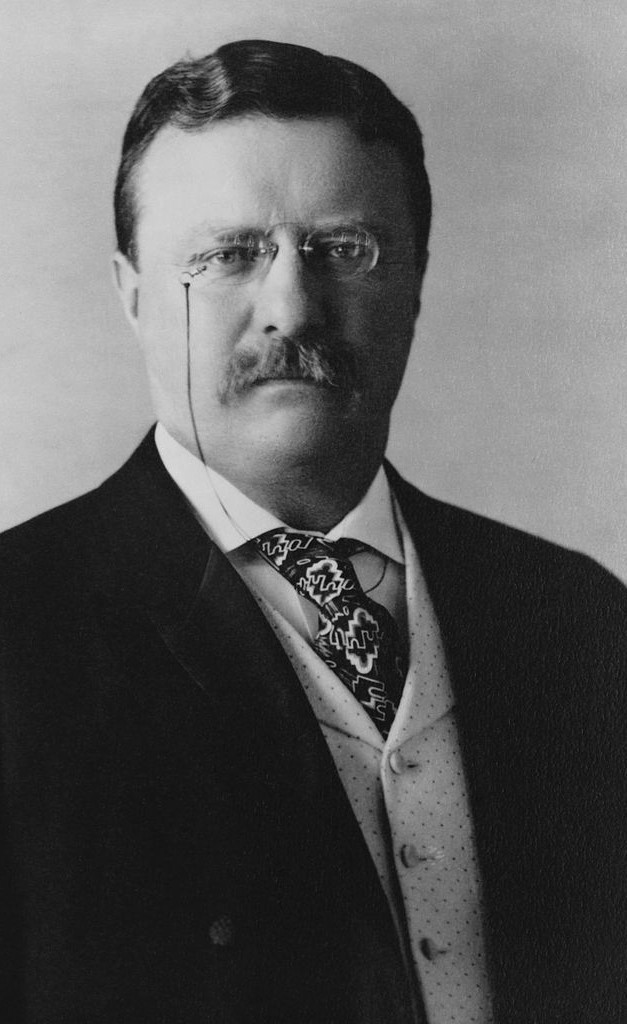
There was probably no better self-promoting politician than Theodore Roosevelt. From his “Rough Rider” days through his Presidency, and to his African safari and beyond, TR made news. Often, for just causes, he held grudges, picked fights, promoted friends (who occasionally turned against him), and used the “bully pulpit” to his best advantage to amplify his every word.
There were few who could stand against such an onslaught.
***
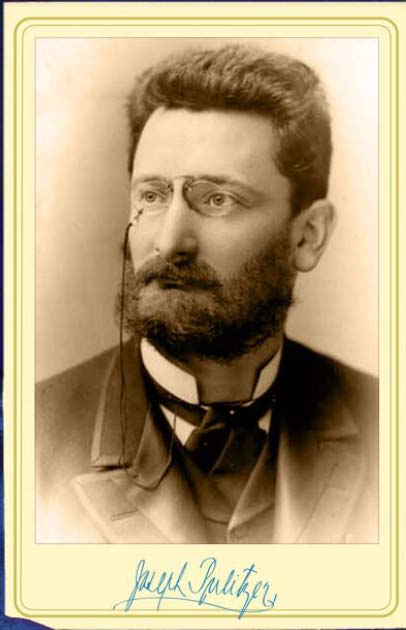
Joseph Pulitzer was a Jewish immigrant from Hungary who fought in the U.S. Civil War. For the next decade he knocked around at various jobs including newspaper writing. He served a term in the Missouri House of Representatives as a Republican but left the mainstream party for a splinter group, that called itself the Liberal Republican party. He later landed with the Democratic party for the rest of his life.
In 1878 he bought the near-defunct St. Louis Post newspaper and quickly merged it with the St. Louis Dispatch. At the time, the combined circulation was less than 4,000, but by 1882 he drove it to more than 22,000. As paid circulation was how newspapers made money in those days, his paper was making a substantial profit.
Pulitzer bought The New York World from Jay Gould in 1883. Gould’s reputation as a robber baron had driven the paper into the ground but within three months, Pulitzer had virtually doubled its circulation. After the paper’s circulation grew to almost 200,000, Pulitzer built the World building as a tribute to himself and the paper. Located on Newspaper Row, across from New York City Hall, it was completed in 1890.
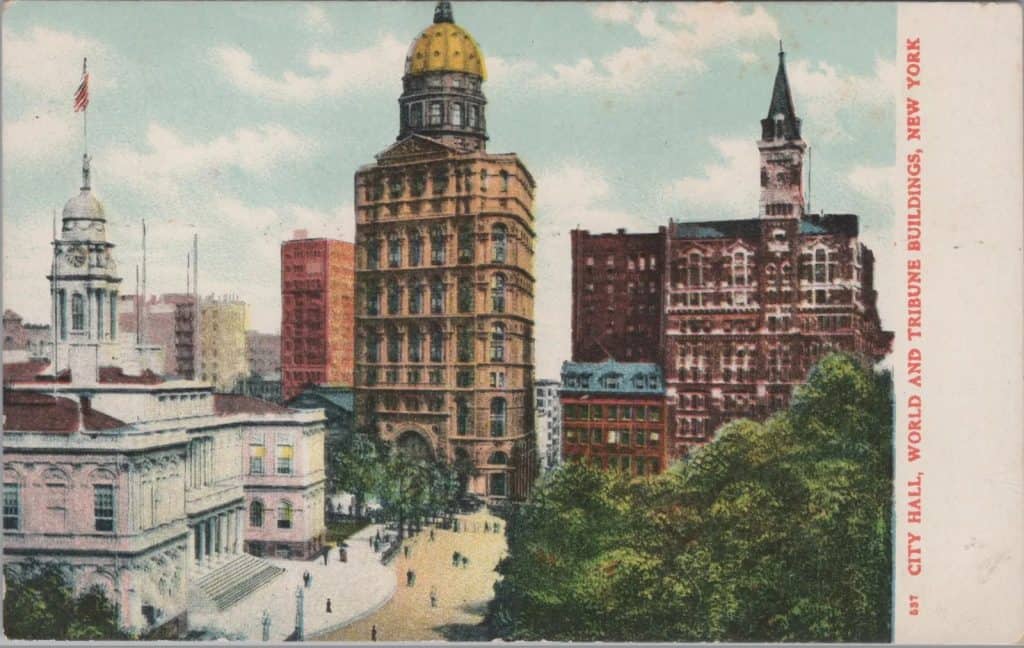
Pulitzer’s formula for increased circulation was what he called “something terse, forcible, picturesque, striking, something that will arrest their attention, enlist their sympathy, arouse their indignation, stimulate their imagination, convince their reason, [and] awaken their conscience.”
Of course, he had rivals and the most prominent was William Randolph Hearst and his New York Journal. The two papers practiced “yellow journalism” to draw readers with headline-grabbing stunts and lawsuits flying around. The two papers centered their coverage on scandal, sex, crime, and other assorted titillations.
In an era when newspapers were overtly partisan, Pulitzer’s The World stood out as New York City’s only Democratic newspaper. Digging up unfavorable stories about the opposition was routine, and in 1909 The World came up with a big one.
To sail from the Atlantic Ocean to the Pacific Ocean involved a hazardous and time-consuming trip around the southern tip of South America, through the Strait of Magellan. To avoid the waste of time, expense, and danger, a thought that a canal across the narrow neck of land that connects North and South America would not only be advantageous but economical.
A British proposal to connect the two oceans through Nicaragua went nowhere, but an across-Panama route was deemed feasible, and a private French company began construction. Ruinous financial losses, the deaths of perhaps 20,000 workers due to disease, and wild underestimation of construction costs led the company to abandon the project into bankruptcy in 1889.
Theodore Roosevelt became President of the United States in 1901. Among his interests in foreign affairs was his concern for America’s role in the Western hemisphere, especially in Central America.
Roosevelt’s administration proposed a deal with Colombia (Panama was a Colombian province) to acquire the rights to the canal and the defunct canal equipment. Colombia rejected the proposal and Roosevelt took advantage of unrest in Panama and used “gunboat diplomacy” to pressure Colombia into accepting the offer.
In 1903 Panamanian rebels took control of Panama and the province, now a nation, signed a treaty with the United States to build the canal. $40 million was paid to the French government, but the investors who lost large sums in the 1889 bankruptcy wanted their due.
Wild but unsubstantiated rumors floated around about bribes paid to many players in the deal, including various friends or relatives of Roosevelt and Vice President Taft. Congressional hearings were held but nothing came of them, and the story faded away, until just before the 1908 presidential election.
Pulitzer’s The World revived the old rumors with no more substantiation than the last time, but now it seemed that Pulitzer was trying to influence the election. Roosevelt was furious and, even though Taft won the election, TR wanted revenge.
On the morning of March 4, 1909, as Roosevelt’s term had expired but before Taft was sworn in, a libel suit against The World was filed in New York. The Justice Department used New York state libel law by claiming that The World was guilty of libel against the United States and the private individuals who comprised the country.
That done, TR took off for Africa for a safari of big-game hunting.
The suit claimed that, because the newspaper was circulated on federal property — in this case, the West Point Military Academy and a post office in New York City — The World had committed the federal crime of libel.
Eight months later, a New York state court threw out the case. Taft had the Justice Department appeal the decision to the U.S. Supreme Court. It seemed that both Roosevelt and Pulitzer were pleased — after all, it was great publicity.
On January 4, 1911, the Supreme Court ruled that there was no federal law against libel. Newspapers throughout the country hailed the ruling as a “Great Victory for Freedom of the Press.”
Pulitzer was ecstatic and crowed that “the decision of the Supreme Court is so sweeping that no other president will be tempted to follow the footsteps of Theodore Roosevelt no matter how greedy he may be for power, no matter how resentful of opposition.”
Pulitzer’s stand against a President bent on using twisted law and the courts to intimidate and possibly crush criticism is bedrock Constitutional law, and it will be until … it isn’t.
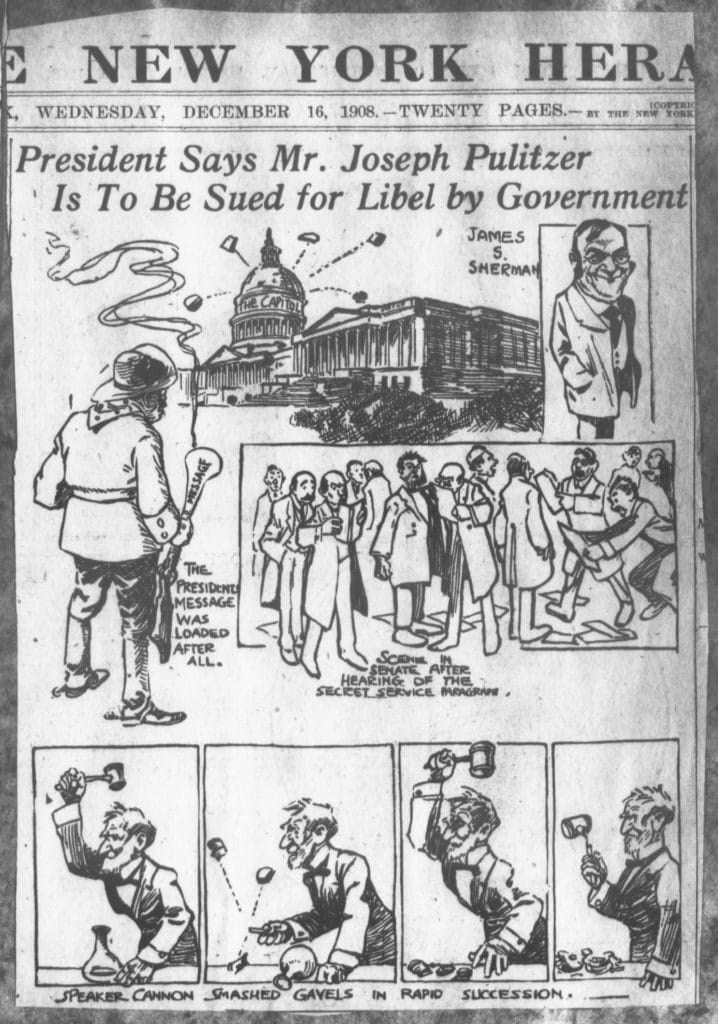
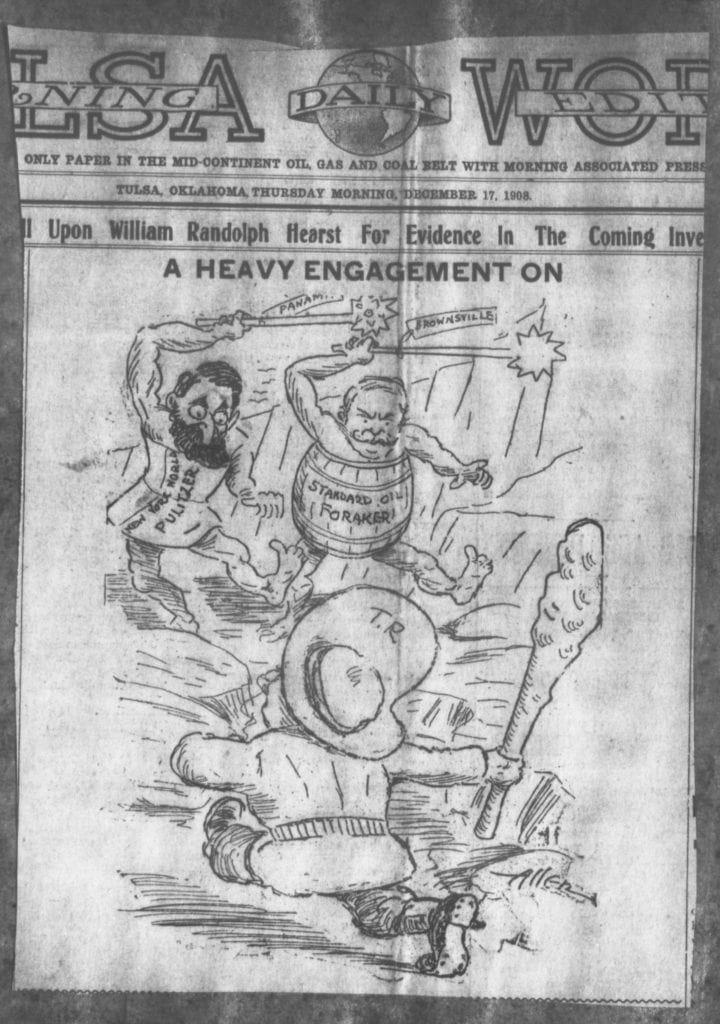
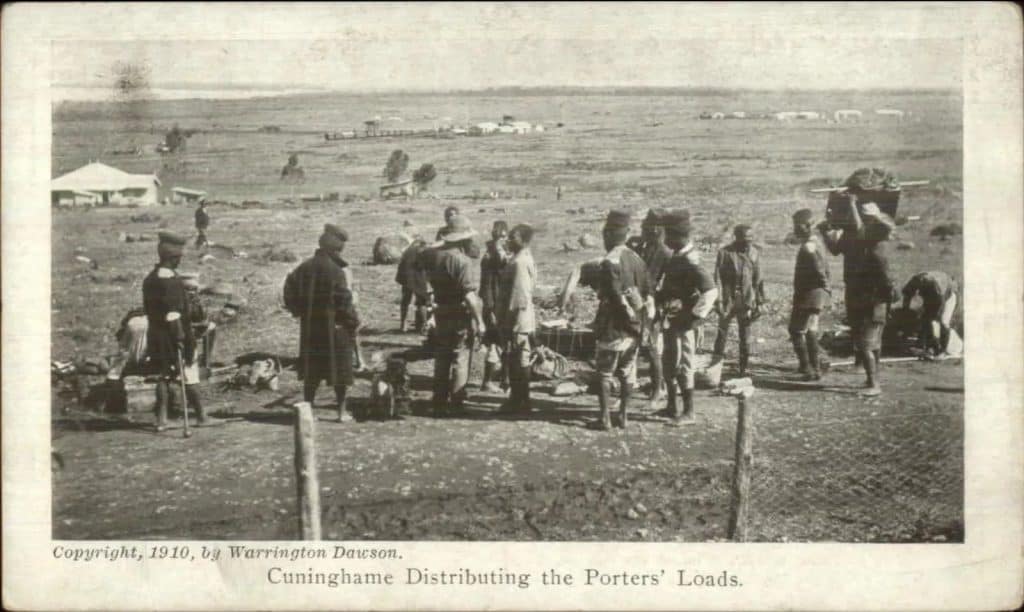
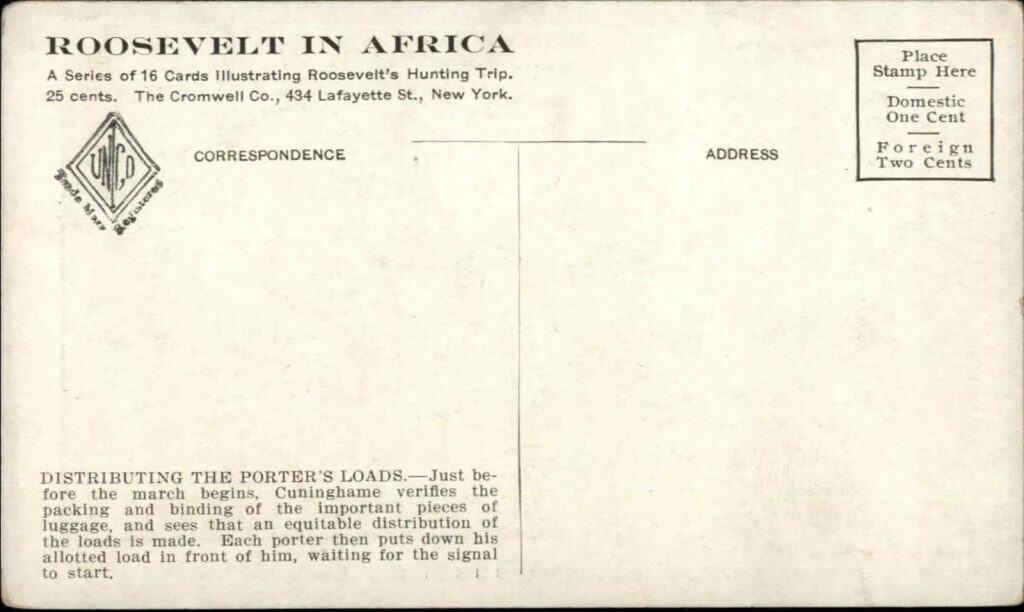
This is such a timely article. Thank you for researching and writing.
It’s hard to believe that Pulitzer’s World was New York’s only Democratic newspaper during the time this story takes place!